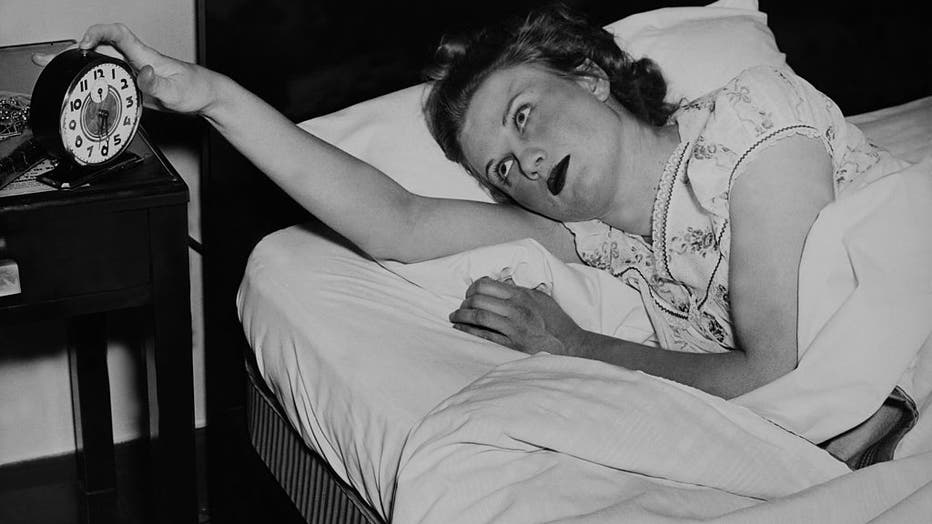Spring forward to bed on National Napping Day amid daylight saving time change
LOS ANGELES - Let’s be honest. Daylight saving time is a drag.
In fact, a 2019 poll by The Associated Press-NORC Center for Public Affairs Research found that 7 in 10 Americans preferred not to switch back and forth to mark daylight saving time.
The annual shift came at 2 a.m. local time Sunday in most of the United States.
It forced weary clock owners to shift their devices an hour ahead, usually before bed Saturday night, to ensure being on time for Sunday morning activities.
RELATED: Report highlights COVID-19 pandemic’s impact on sleep and mental health around the world
The new shift means the dawn's early light will break through later than it has during the months of standard time and the twilight's last gleaming will extend deeper into the evening.
With more sunlight ahead, the perfect national day has been created to ensure some quality shut-eye for tired Americans: National Napping Day.
According to National Day Calendar, William Anthony and his wife Camille Anthony established National Napping Day in 1999.
They wanted to highlight the health benefits of getting enough sleep, which is why this day is observed the Monday after daylight saving time kicks in.

Young girl awakened by an alarm clock.
"We chose this particular Monday because Americans are more ‘nap-ready’ than usual after losing an hour of sleep to daylight saving time," William Anthony said.
One-third of American adults nap, according to the National Sleep Foundation.
The organization defines a nap as "a short period of sleep, usually taken during the day."
The benefits from napping, according to the foundation, can include a reduction in sleepiness, improved learning, aiding in memory formation, and better regulation of emotions.
But the U.S. Centers for Disease Control and Prevention says a third of U.S. adults report they usually get less than the recommended amount of sleep.
RELATED: Michelle Obama says she’s been dealing with 'low-grade depression' amid pandemic, racial strife
"Not getting enough sleep is linked with many chronic diseases and conditions—such as type 2 diabetes, heart disease, obesity, and depression—that threaten our nation’s health," the CDC says.
"While naps do not necessarily make up for inadequate or poor quality nighttime sleep, a short nap of 20-30 minutes can help to improve mood, alertness, and performance," the National Sleep Foundation said.
Researchers caution against taking naps for too long, as sleep inertia can leave the napper feeling groggy.
And you shouldn’t nap too late in the day or you might disrupt your regular sleep pattern, making falling asleep at your regular bedtime difficult.
Jordan Smith and the Associated Press contributed to this story.

